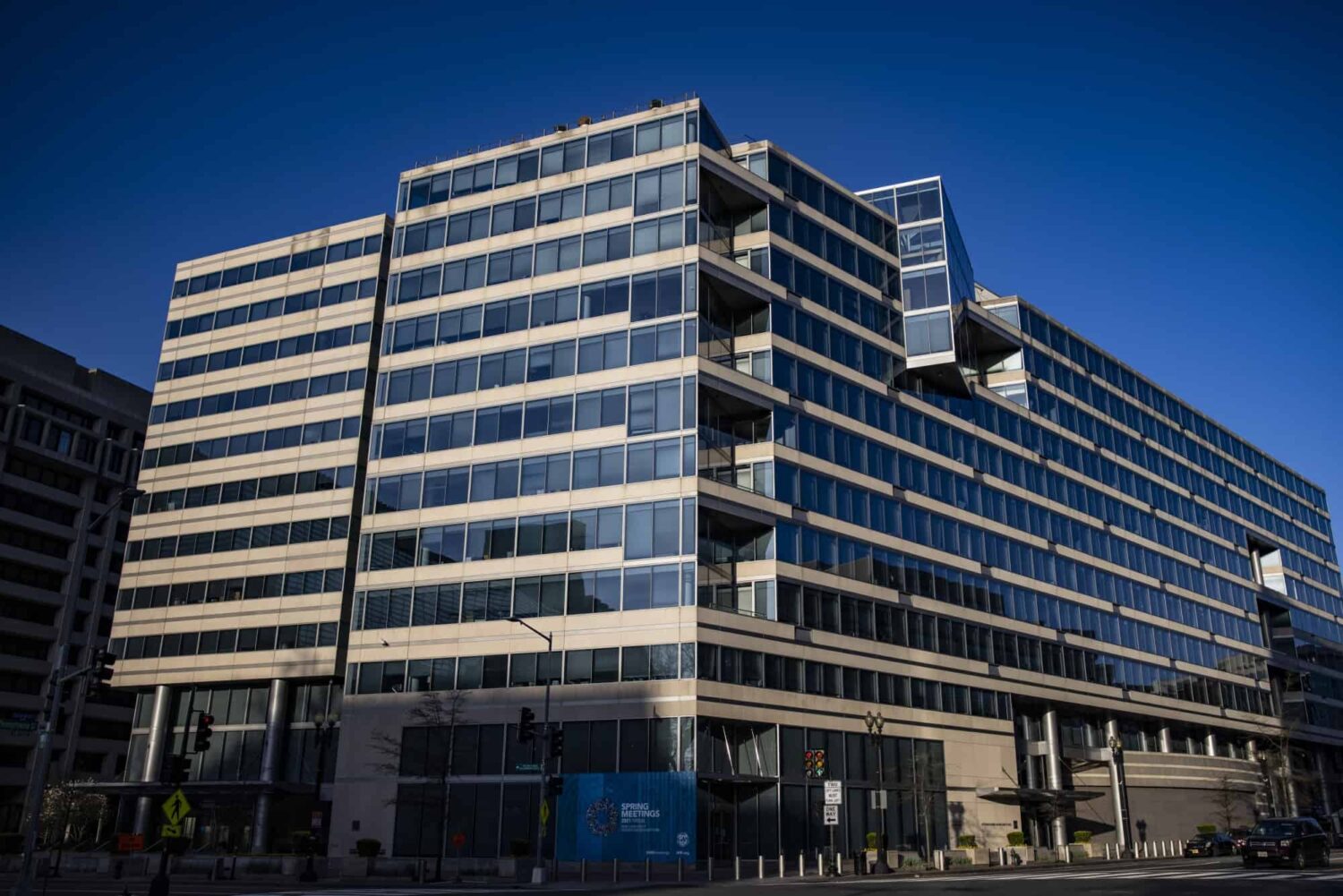The UAE government has been praised by no less than the International Monetary Fund for the handling of its economy during the pandemic.
The IMF said that the economic recovery is gaining momentum due to the UAE’s accelerated efforts and health responses and continued supportive macroeconomic policies, and rebound in tourism and domestic activity related to the delayed Expo 2020.
Overall gross domestic product growth is projected at 2.2 percent in 2021, driven by non-oil growth of 3.2 percent, while real oil GDP growth is expected to be close to zero this year in line with the OPEC+ agreement.
Banks remain adequately capitalized, though asset quality has decreased somewhat and further balance sheet vulnerabilities, including from the COVID-19 crisis, may still lie ahead.
However, directors called for continued monitoring of financial stability risks and digitalization challenges.
Growth over the medium-term is expected to accelerate with the benefit of structural reform efforts, increased foreign investment, and rising oil production, according to the IMF.
The overall fiscal deficit is projected to narrow to 0.7 percent of GDP in 2021 and shift into a small surplus by 2024.
The IMF expectations are based on revenue gains from current and expected higher oil prices and stronger economic growth alongside modest fiscal reform efforts, in line with the ambitious UAE 2050 Strategy.
Still, significant downside risks remain, and authorities are encouraged to pursue further efforts to maintain macro-financial stability, strengthen fiscal policy frameworks, foster economic diversification, and improve inter-generational equity and climate sustainability, the IMF said.
Once the recovery is established, directors encourage the authorities to implement a gradual, targeted, and growth-friendly fiscal consolidation, embedded in a credible medium-term framework.
Directors also welcomed the new Dirham monetary policy framework as it would help enhance monetary policy transmission.
They also encouraged strong coordination between the government and the UAE Central Bank, to facilitate domestic capital market development.








